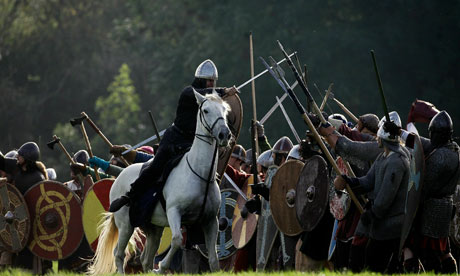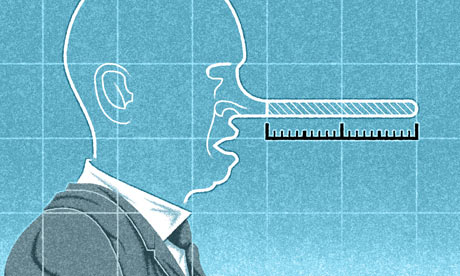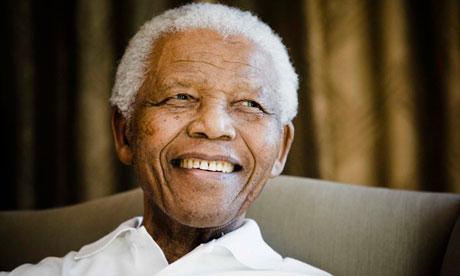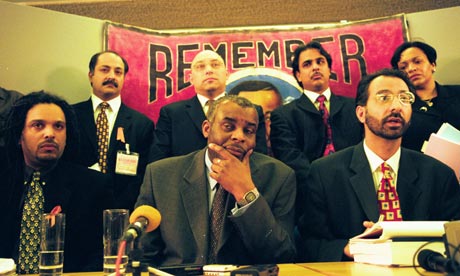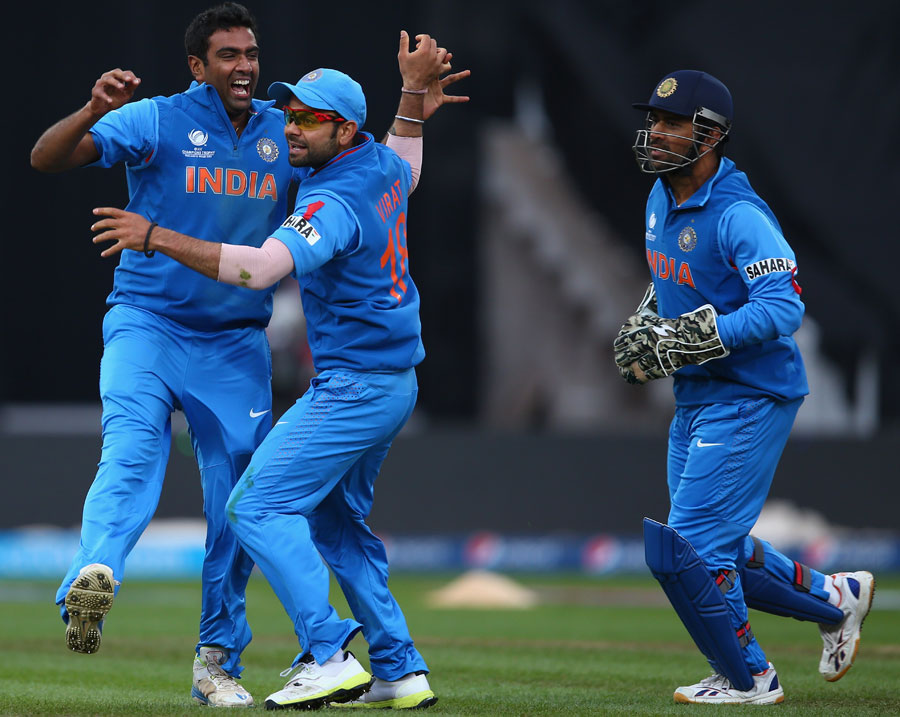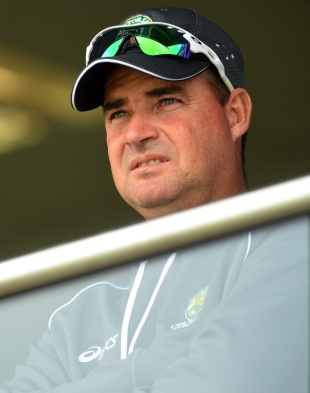In the absence of faith, death cafes can provide a space for us to talk about what a good ending might be

‘The idea of the death cafe has caught on, with more than a hundred meetings having taken place in Britain and the United States.'
This is a familiar scenario. I am sitting at the side of somebody's bed in hospital. They are dying. It's not an especially comfortable bed, being designed for ease of cleaning and to help nurses lift patients safely. The sound environment is punctuated by the noise of other people's distress and intermittent bleeping from the apparently reassuring presence of technology – often referred to as life-saving, though of course it can never really deliver on that promise. The flimsy curtain provides little privacy.
Friends and relatives arrive and tell the patient they are looking "really well". This is often code for: we don't want to talk about the fact that you are dying. Anyway, the priest is here. He can do all that existential stuff. The people in white coats obviously have the physical aspect of things covered. The patient, emotionally drained by illness, colludes with this distressing lie through a simple "thank you". It's distressing because the patient often wants to talk about it. Not talking about it is lonely and thus all the more frightening. Is this really how we want to die?
When Jon Underwood introduced the idea of the Death Café into the English speaking world in 2011 as an offshoot of the Swiss Café Mortel movement, it was with the belief that we have outsourced all talk of death to medics, priests and undertakers. This displacement of death-talk from everyday speech, he suggested, robs us of agency over one of the most significant things we will ever have to face. First, he approached local cafes in east London to see if they would host a gathering to talk about death. They thought the idea bizarre, ghoulish. So he set up in his front room and asked his mum to lead the first session.
Since then the idea has caught on and more than a hundred meetings have taken place in the UK and the US. It's not a space for religious proselytising – though people of all faiths and none are welcome. It is not for the recently bereaved. It's more a way of addressing the ever-present reality of death among those for whom it is not a live issue. "It can be very liberating because the way our society shuts down conversations about death can be claustrophobic and stifling," says Underwood.
My own religious perspective on death and dying is that secular atheism is proving to be a very expensive and a terrible burden on the NHS. When we come to value life simply in terms of itself and "the amount of self-referential advancement obtained in it", as one commentator has put it, then death is seen as doubly frightening because it strikes not just at life itself, which is bad enough, but at the very core of our value system. Medicine thus shoulders the unreasonable burden of justifying our existence. So we charge the medics to do everything they can to keep us alive. And the bills pile up.
Most of us want to die quickly and before our physical condition deteriorates to such an extent that life becomes intolerable. But this is a comforting avoidance – the fantasy of "getting out of life alive", as theologian Stanley Hauerwas puts it. As is all talk of euthanasia: the figures from those places where it is legal demonstrate that only a tiny percentage of people ever choose this route. In an aging population, most of us will die gradually. In the absence of religious belief, we need to develop a language that will help us address what a good death might look like.
Can we, for instance, start talking about having a natural death in the same way that we can now talk about having a natural birth? Or about dying at home, surrounded by our loved ones and not by machines? Discussions like this might enable us to get off the escalator to intensive care, that miserable and soulless place where more and more of us are now dying.


